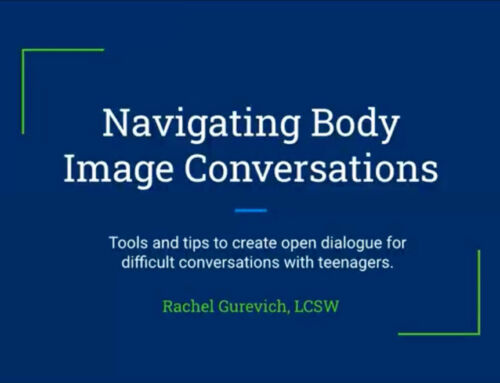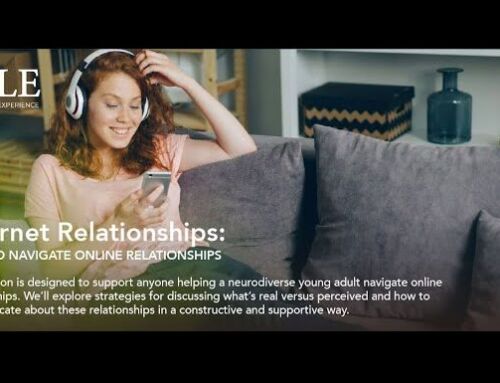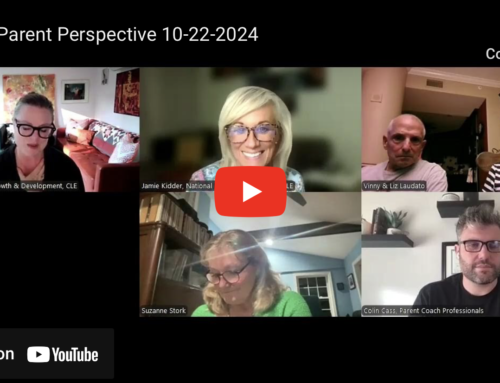By Audrey Jones, Director of Admissions and Outreach, CLE Denver
They said what?
 Have you been part of a conversation that feels as if you and the other participant are having two separate conversations? Most of us can answer yes to that question. If the conversation is covering a difficult subject, this creates a whole other can of worms to think about. So how can we talk about difficult subjects with more ease? There are a few key items that can help.
Have you been part of a conversation that feels as if you and the other participant are having two separate conversations? Most of us can answer yes to that question. If the conversation is covering a difficult subject, this creates a whole other can of worms to think about. So how can we talk about difficult subjects with more ease? There are a few key items that can help.
Communication impacts our lives each and every day, we receive messages from dozens of different sources. These messages impact our way of thinking, decisions we make, and they also can create biases. Our view of the world impacts the way we communicate, so when communicating with others it is important to acknowledge this. When we are aware of our own thoughts, perceptions and judgements we can begin to communicate more effectively.
What do you think a difficult subject to communicate about is?
 Everyone has an answer to that question and if we were in the same room together, my guess is that we all gave a different one. This is important, what we perceive is difficult may not be the same to another. When we know we must discuss something difficult or perceived difficult, if possible, prepare for the conversation. Things to think about are: what is the desired outcome, does there need to be an outcome, is an action plan needed and, lastly, does more than one conversation need to occur? These questions will create a frame for the conversation to transpire within.
Everyone has an answer to that question and if we were in the same room together, my guess is that we all gave a different one. This is important, what we perceive is difficult may not be the same to another. When we know we must discuss something difficult or perceived difficult, if possible, prepare for the conversation. Things to think about are: what is the desired outcome, does there need to be an outcome, is an action plan needed and, lastly, does more than one conversation need to occur? These questions will create a frame for the conversation to transpire within.
It is also vital to ask the other party these questions to determine if the desired outcome or action plan is the same. Discussing these pieces may create an agreeable space to cover the subject matter and smooth the process. A few other important notes; be sure to keep the conversation on task, if other parties were involved include them so that first hand knowledge is shared instead of speaking for others and set a time limit for the conversation.
As a professional, I have had the opportunity to take a few communication courses. One of my favorite teachings was by author Douglas Brent Smith who used the acronym for communicating, CLUES. This stands for:

Create agreements
Listen with curiosity
Understand facts and feelings
Express yourself positively
Share responsibility for success
This has stuck with me for many years and I find it most helpful when communicating about difficult subjects or difficult people.
Communication is important to us all and is the vehicle that delivers us to desired outcomes, goals or agreements. One other vital piece for communicating effectively is active listening. If we are not listening to each other, we are not communicating. Lastly, this can be a stressful process, after the task is complete talk with a friend or colleague for helpful processing and self-care.








